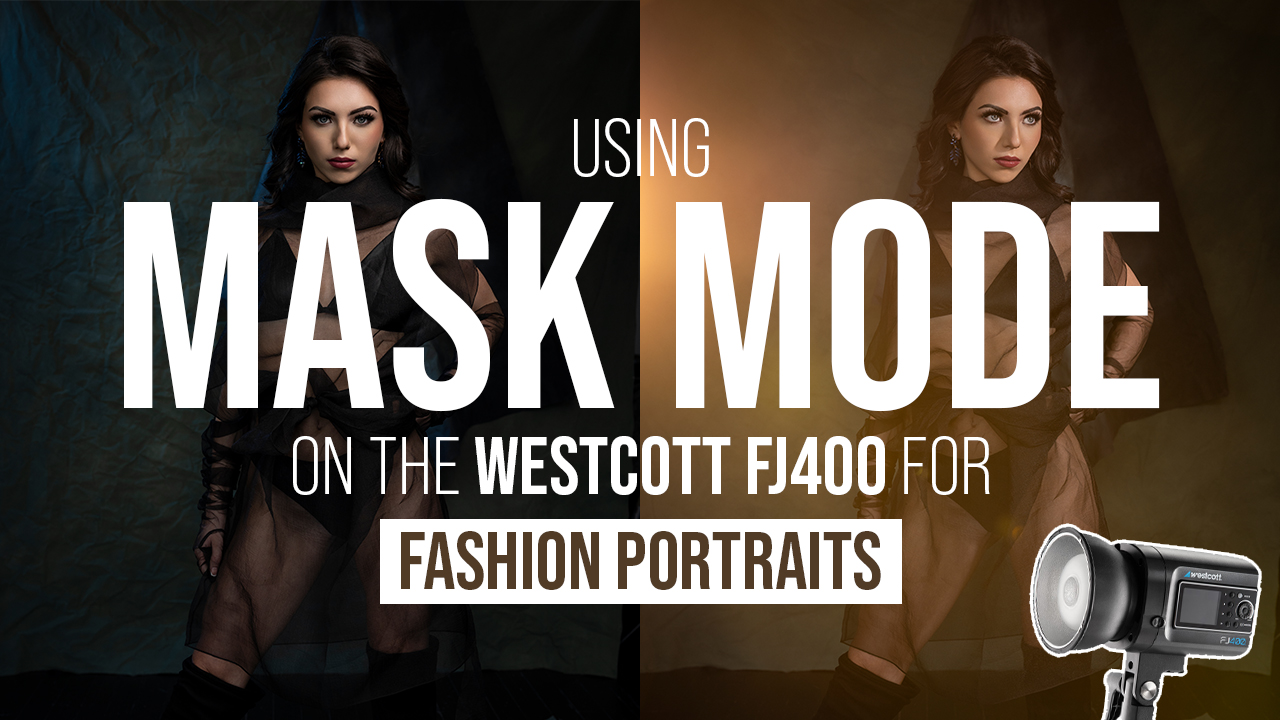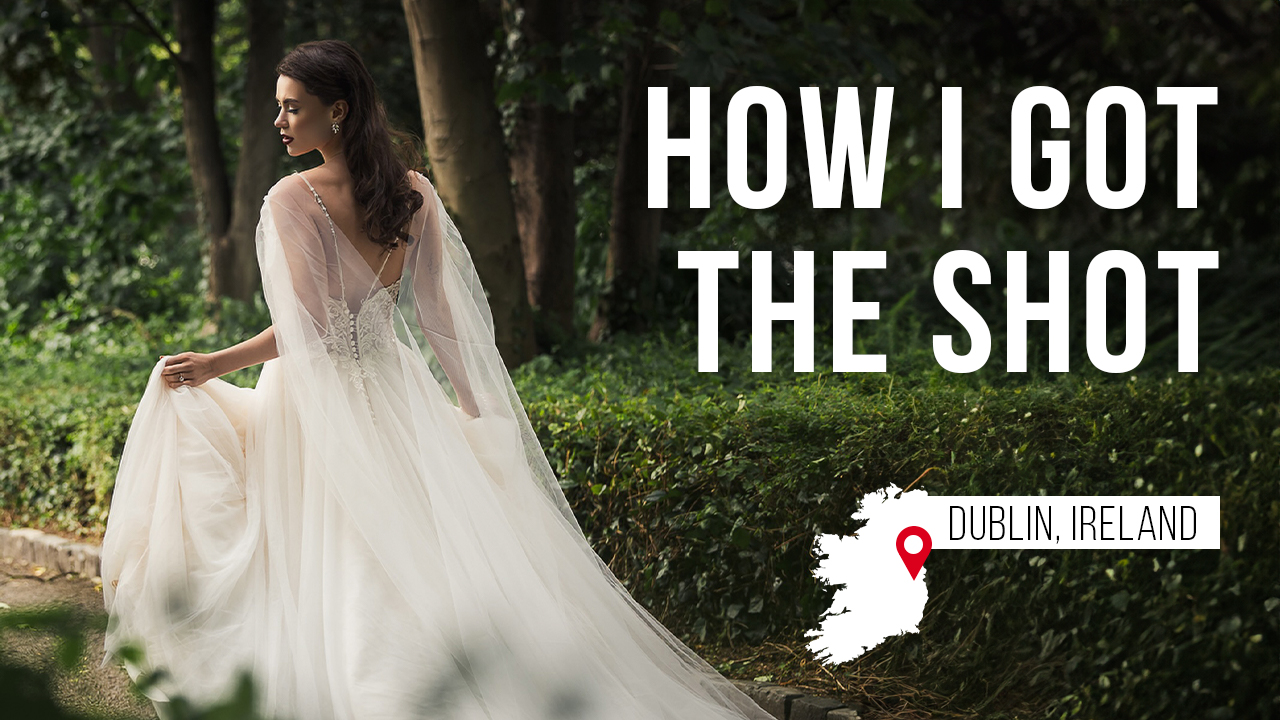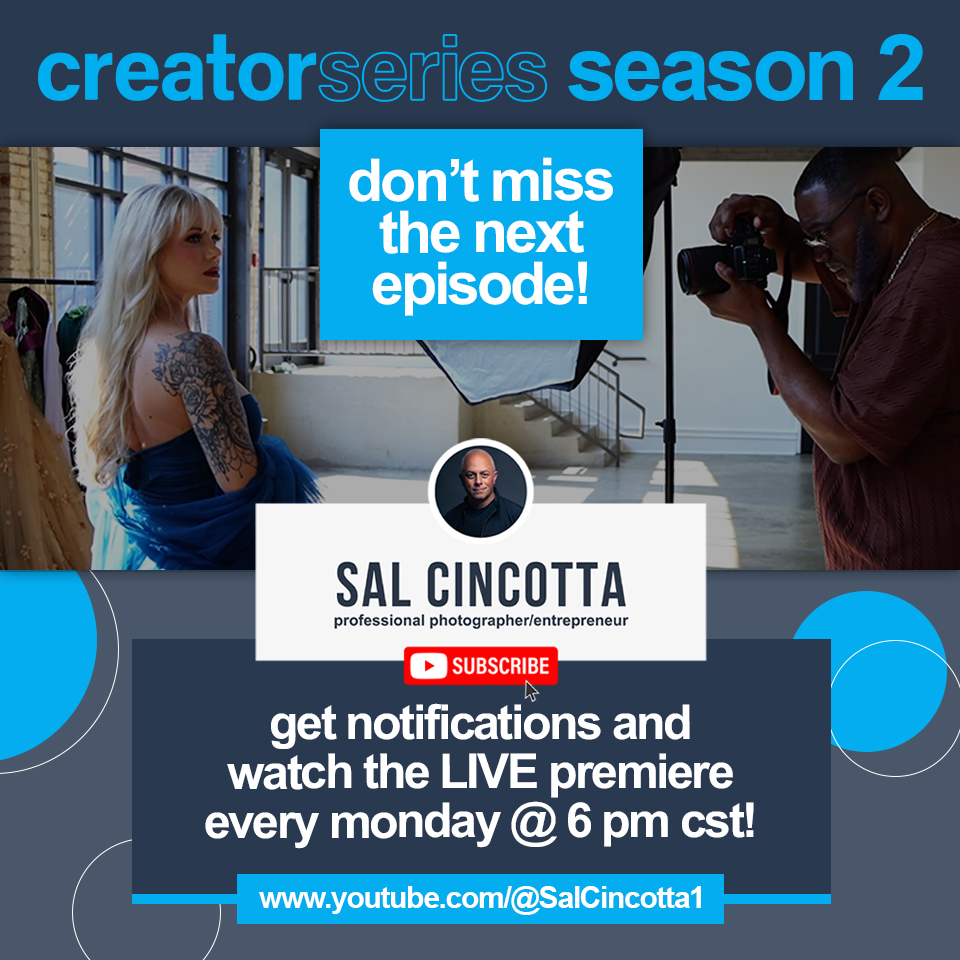10 Tips for Wedding Photojournalism with Matthew Sowa
The Magic Moment
When I started my career as a New York wedding photographer in 2004, I was told that wedding photography is not about me. It’s about seeing the world through the eyes of the bride and groom. They’ve designed this beautiful day—their perfect vision. My role is to apply creativity and style to create images that document and honor the scene, mood, and emotions that they’ve created.
My style is based on a unique approach and strong confidence. As a wedding photographer, I’m an art director, photojournalist, and portrait photographer—capturing every aspect of the day. I stylize the central focus and pay close attention to the details and background of every photo. Each image should be interesting, fresh, and well-composed. I strive to always create pictures that have movement, power of emotion, and modern style.
Photojournalism
Wedding photography is about the bride and groom: capturing their memories rather than simply documenting the day. Many couples want to capture their candid, spontaneous moments with a journalistic style.
I would love for all of these images to happen organically and without any participation from the subjects; however, it’s not always possible. I’ll let you in on a trade secret: pure wedding photojournalism does not exist. The wedding day is a short time frame, and some stylistic direction is required to cover it properly. When expressive moments don’t happen on their own, some interaction with the subjects can create opportunities for great authentic photos.
I used available wedding props to evoke emotions. It was a rainy October day in Long Beach, New York, and I had given my bridal party a bottle of champagne to celebrate during the preparation. When I stepped out to photograph them in the windows, I saw a local surfer running by and used the opportunity to layer the bridal party, surfer, and hotel sign together (the name of the hotel, “Alegria,” means “Joy” in Spanish), and got the shot I was dreaming about.
I want every image to be real and with as little intrusion as possible, but sometimes a little interference is called for. I call this interactive photojournalism. I interacted with the bridal party to get my shot; however, their expressions were authentic and the surfer was spontaneous. The resulting image perfectly captured the mood of the day.
10 Tips for Wedding Photojournalism
1. Use the right tools
Get your cameras set up properly. Use a wide aperture to isolate the magic in the image. Focus is a tool used in the photojournalistic style to draw attention to the relevant subject. If you’re an inexperienced wedding photographer, I recommend using the smallest aperture possible to get a wide range of focus. The narrow depth of field is the key. I also recommend turning off the automatic focus on your camera and keeping the focus set manually on your subject. Automatic exposure is optimized to average lighting. Take control of your camera by using manual settings so that you can capture the moment right when it happens.
2. Pay attention
The best moments happen randomly—pay attention! Traditional shots such as the first kiss, first dance, and first look are fantastic, but sometimes the very best moments happen when you least expect them. Before, after, and in-between these planned moments, stay alert—I guarantee something amazing will happen, and you won’t want to miss it. Be like a hunter; trust your instinct, move quickly, and wait for your perfect shot to emerge.
3. Create layers
You can use multiple elements in a shot that has front to back sharpness to really shout your message, or you can have one main subject and use more subtle layers in the foreground and background. This usually means using a little bit of creative blur so the viewer can still see the other elements, but understand that the photo is still mainly about the object/person who’s sharp.
4. Shoot from your boots
Putting your camera on the ground and taking shots of your subject from that low angle introduces a completely new and often random point of view for your shots. You (and your viewers) will see the world from a new perspective, add interesting foregrounds to shots, and even capture a few surprising subjects along the way.
5…Or from the top
6.Use movement
At the extreme end of bulb settings, astronomy photographers will leave the shutter open for long periods of time (hours) to capture star trails. To do this on a smaller scale, you’ll need a small ISO and small aperture. Just be aware that on many cameras this technique will drain your batteries significantly.
7. Follow the fun!
The bride and groom will want to remember the fun and laughs that were had at their wedding. Dancing, drinks, and laughs… follow the fun! Don’t forget to include several candid shots of bridal party members—the best time to do this is often when they are having fun.
8. Be invisible
Being invisible may sound like I’m advising you to hide that you’re taking photos, but this isn’t the case. Feel free to photograph openly, leaving the opportunity for the photographed people to acknowledge that you are taking images. However, you should try to attract as little attention as possible. Using a flash can spoil a moment.
9. Use the right choice of lenses based on location
Different times of the day call for different lenses and techniques. For example, during the bride’s preparation, I typically use 35mm 1.4, 85mm 1.4, and 24-70mm 2.8 lenses, and I take most of these images with as open of an aperture as possible. This creates a gentle blur in the background, eliminating unnecessary subjects in the room, and allows the focus to remain on the bride.
10. Planning is key
The most important thing to bring to your work as a photojournalist is careful planning. If you haven’t been to the location in advance, you might not choose the right equipment or be in the right spot when something important happens. Visit the location in advance or arrive early to shoot a bit before your couple arrives to be sure you’ll create images that are timeless, compelling, and true.
Creativity is all about capturing the mood
I love that when I start a wedding, I never know what to expect. Every couple is different and every wedding presents new opportunities. Creativity is all about highlighting people’s expressions, mannerisms, or interactions. Lighting, shadows, other subjects, or other elements can also make the image unique. Everything is based on using what you have in the location. I look into my psyche and trust my instinct to get the shoot I want.
A few words about post-production
I miss old darkroom processing techniques. I’ve spent a lot of time in the past processing B&W images with different fine art techniques like solarization or graphics, as well as color standard techniques like C-41 or even E-6 process. Today, many photographers rely on PS and Lightroom. The digital market is saturated with special effect presets, and this is one of the reasons I don’t overuse them. While presets can add to an image, I believe that less is more. I prefer my images to be as simple as possible, without distractions, allowing the viewer to see and appreciate the realism. If you overuse presets, you are taking away a lot of the real world.
Whether you’re a novice or a professional photographer, documenting a wedding all is about the couple. Know the location, pay attention to your subjects, and be open to creative opportunities to capture the essence of the day.
“Don’t be a slave to photography rules…break the rules and take a risk! There’s always a new perspective.”




